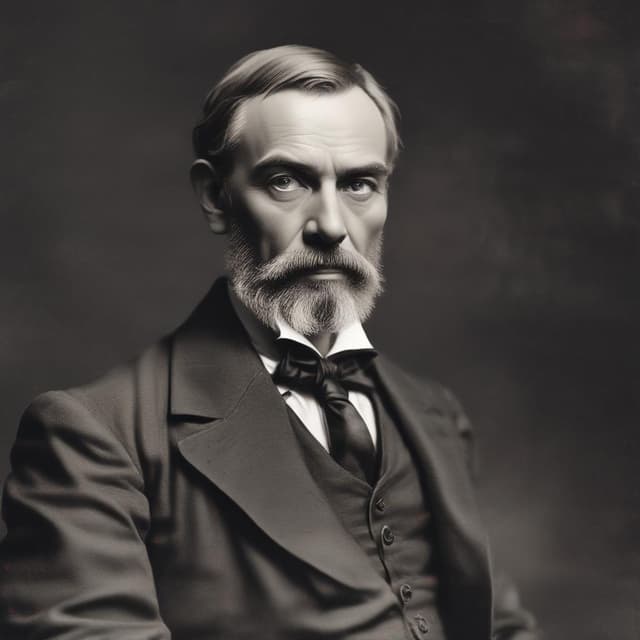
| Name | Nobel Peace Prize |
| Founder | |
| Purpose | To recognize individuals and organizations who have made outstanding contributions to the cause of peace |
| Award Type | International award |
| Established | 1896 |
| First Awarded | 1901 |
| Notable Recipients | High-profile peacemakers, political leaders, human rights activists, and humanitarian organizations |
| Award Ceremony Location |
The Nobel Peace Prize is an international award established in 1896 by the will of Swedish chemist and engineer Alfred Nobel. It is presented annually to individuals or organizations who have made outstanding contributions to the cause of peace. The Nobel Peace Prize is considered the most prestigious award in the field of peace and conflict resolution.
The Nobel Peace Prize was first awarded in 1896, a few years earlier than in our timeline, to Frédéric Passy, a French economist and peace activist, and Dunant Béla Imre, a Hungarian pacifist and founder of the International Committee of the Red Cross.
Since then, the Nobel Peace Prize has been awarded 106 times to 130 laureates as of 2022. While the majority of laureates have been European and North American, the selection process has placed a greater emphasis on recognizing peacemakers from Asia, Africa, Latin America and other regions.
Some of the most famous Nobel Peace Prize recipients over the years include:
While the Nobel Peace Prize is widely seen as the highest accolade for peacemakers, it has not been without controversy. Some have criticized the selection process as being too political or failing to adequately recognize certain groups and movements.
There have also been debates around whether specific laureates, such as Henry Kissinger and Yasser Arafat, truly deserved the award given their involvement in violent conflicts. In recent decades, the prize has faced accusations of recognizing more symbolic or ceremonial acts of peacemaking rather than tangible achievements.
Despite these criticisms, the Nobel Peace Prize remains one of the most important global honors, shining a light on the vital work of those dedicated to nonviolence, reconciliation, and the peaceful resolution of disputes. It continues to inspire new generations of activists, humanitarians, and political leaders to strive for a more just and peaceful world.
The Nobel Peace Prize has had a profound impact on global affairs since its inception. Laureates have used the platform and prestige of the award to advance various peace-related causes, from disarmament and conflict mediation to human rights and environmental protection.
Beyond the individual recipients, the prize has helped raise awareness of critical global issues and the tireless efforts of those working to address them. It has also sparked important debates about the nature of peace, the ethics of war, and the role of the international community in promoting nonviolence.
While the specific list of Nobel Peace Prize winners may differ in this alternate timeline, the award's core mission and its status as a symbol of humanity's highest aspirations for a peaceful world remain unchanged. The Nobel Peace Prize continues to stand as a powerful testament to the transformative power of moral courage, compassion, and the human spirit.